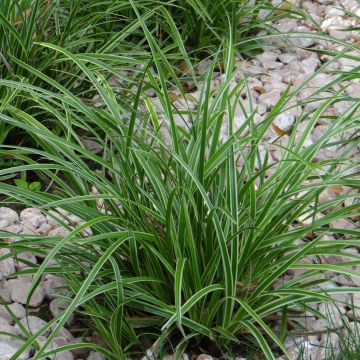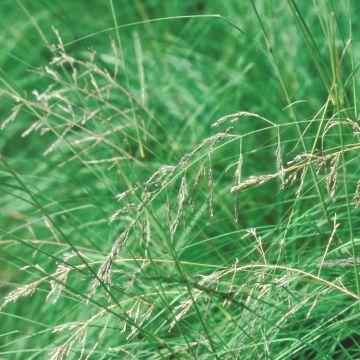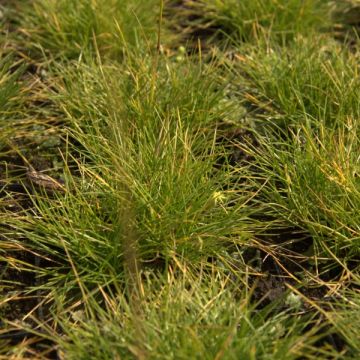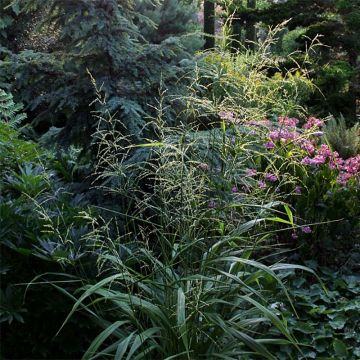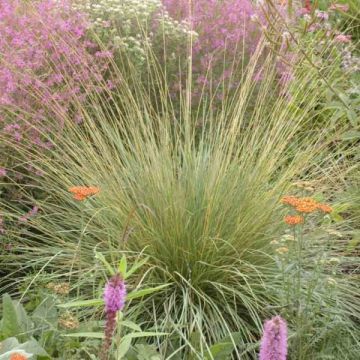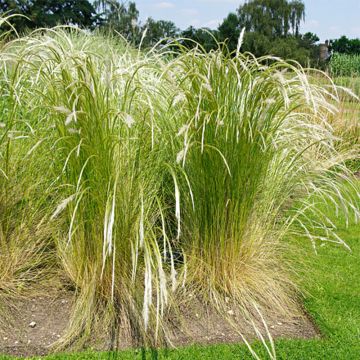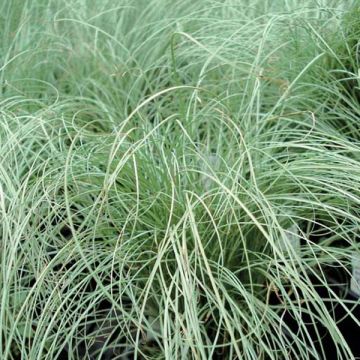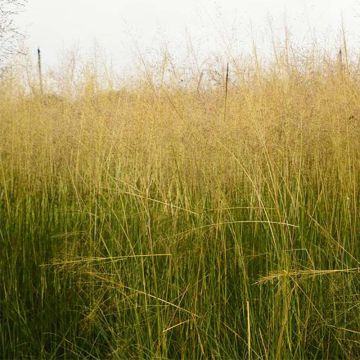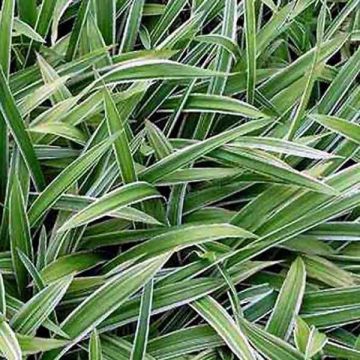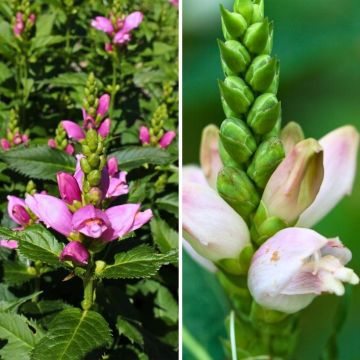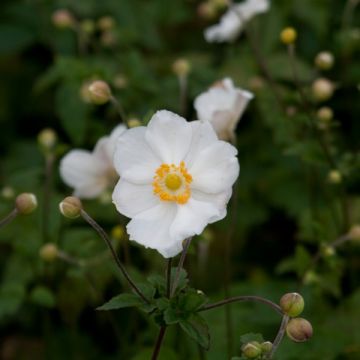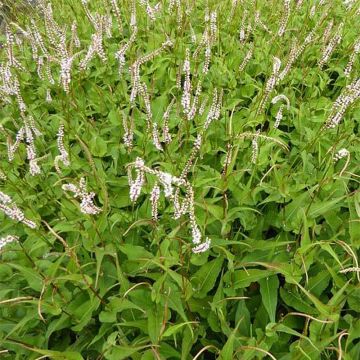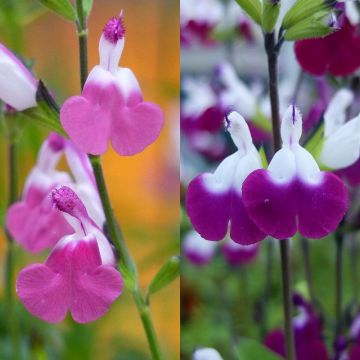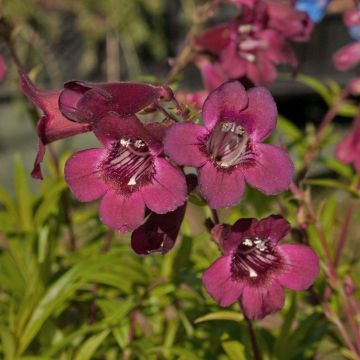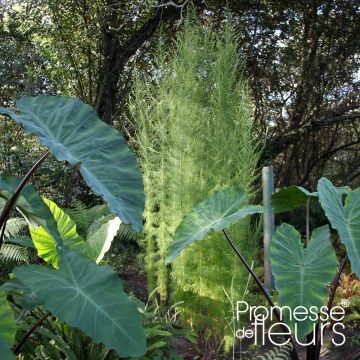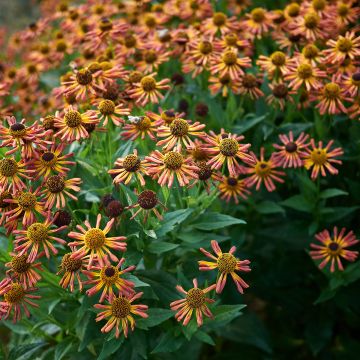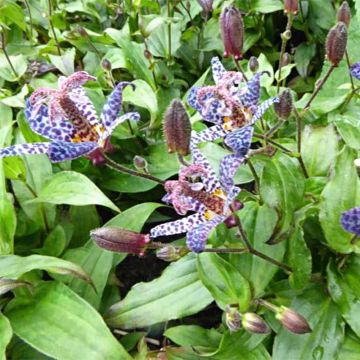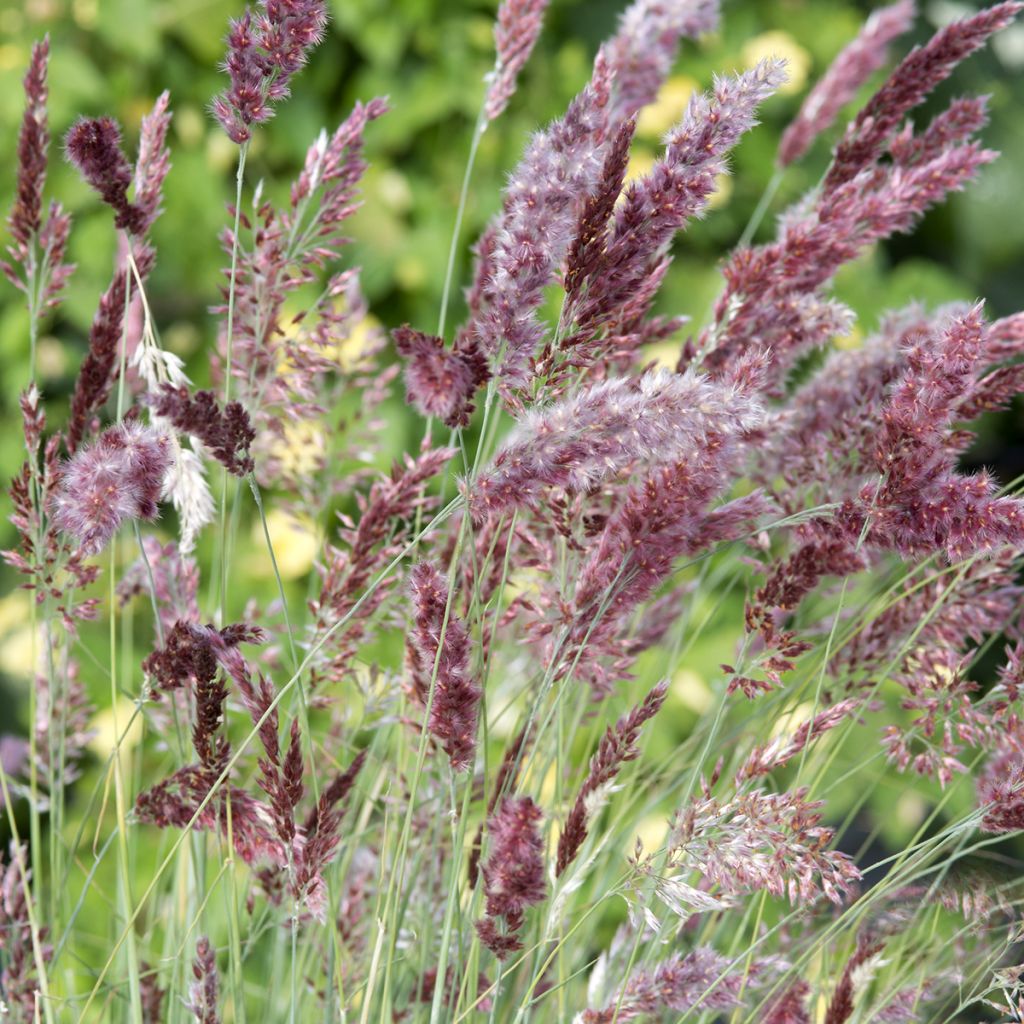

Melinis nerviglumis Karoo Queen
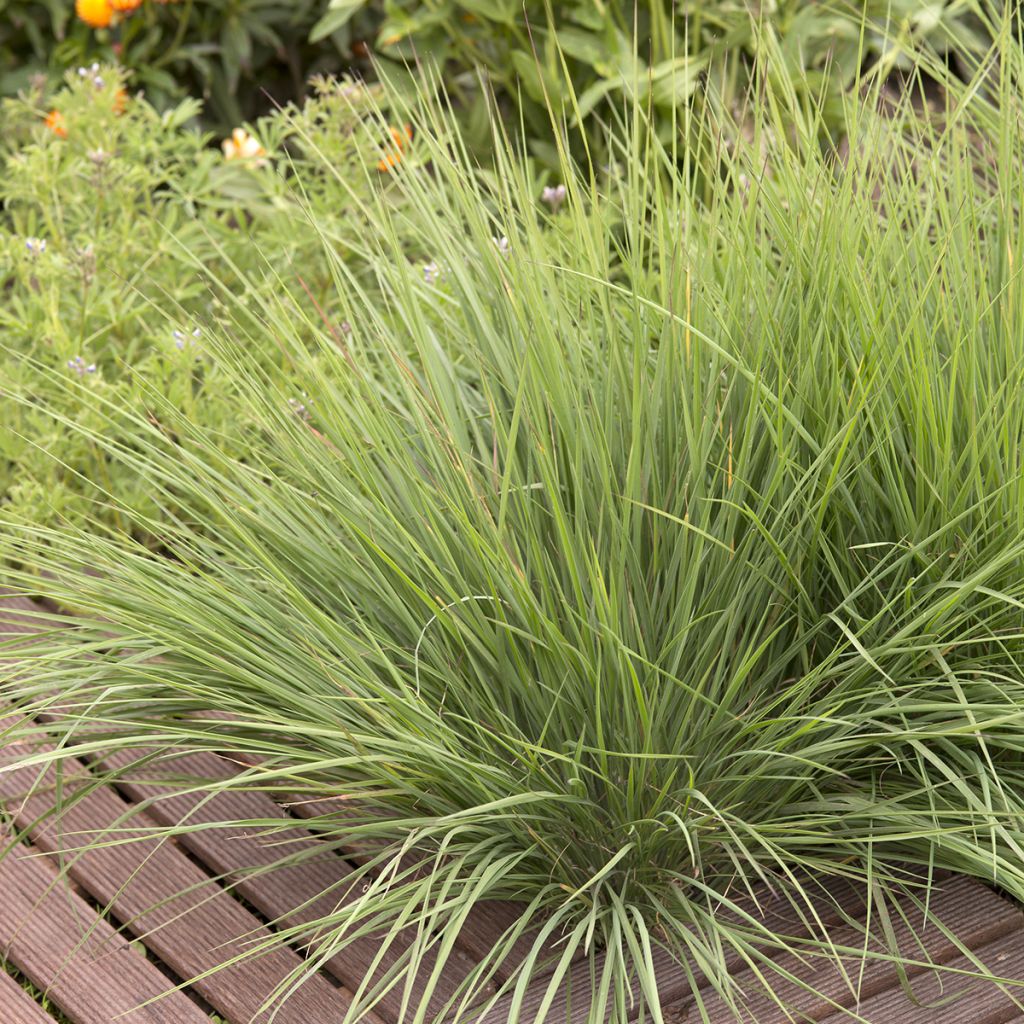

Melinis nerviglumis Karoo Queen
Melinis nerviglumis Karoo Queen
Melinis nerviglumis Karoo Queen
Special offer!
Receive a €20 voucher for any order over €90 (excluding delivery costs, credit notes, and plastic-free options)!
1- Add your favorite plants to your cart.
2- Once you have reached €90, confirm your order (you can even choose the delivery date!).
3- As soon as your order is shipped, you will receive an email containing your voucher code, valid for 3 months (90 days).
Your voucher is unique and can only be used once, for any order with a minimum value of €20, excluding delivery costs.
Can be combined with other current offers, non-divisible and non-refundable.
Home or relay delivery (depending on size and destination)
Schedule delivery date,
and select date in basket
This plant carries a 6 months recovery warranty
More information
We guarantee the quality of our plants for a full growing cycle, and will replace at our expense any plant that fails to recover under normal climatic and planting conditions.
Would this plant suit my garden?
Set up your Plantfit profile →
Description
Melinis nerviglumis 'Karoo Queen' is a beautiful selection of a tender grass also known as Melinis rhynchelytrum. Its feathery and shiny flower spikes that range from pink to dark red are highly sought after in floral art. This plant grows in a small, dense clump of green foliage with a bluish tint, much like a blue fescue. Its flowering, enjoyed from July to October, is a delight. A graceful and colourful little 'grass' that will bring a lot of charm to seasonal flower beds. Outside of our mildest regions, it is easily grown as an annual or in pots to overwinter indoors and protect from frost.
Melinis nerviglumis belongs to the Poaceae family. It is native to dry regions of Africa, where it thrives in well-drained soil within savannahs. While not frost-resistant (tolerating temperatures down to -5°C at most), this species is perfectly adapted to poor soils and seasonal water scarcity. The vegetation persists during mild winters but dries up elsewhere.
Melinis nerviglumis 'Karoo Queen' is a non-invasive grass. The plant forms a tight clump of upright, thread-like and pointed leaves that can reach 35-40cm in length. It will occupy about 35-40cm in all directions. The colour of the leaves is a green with a bluish tint, sometimes turning reddish-purple towards the end of the season due to cold weather. Flowering begins in July or mid-August, depending on the sowing date. Thin floral stems emerge from the foliage, reaching a height of 60cm, slightly arching and bearing very thin inflorescences that can be more or less upright or trailing, remaining decorative on the plant for a long time. Their colour ranges from various shades of pink to dark red when fully ripe. This flowering captures the autumn sun in a magnificent way. After wind pollination, seeds form, which are sought after by certain birds.
Melinis nerviglumis 'Karoo Queen' is a graceful plant for seasonal flower beds and terrace displays, similar to the well-known Pennisetum x advena Rubrum. In a summer flower bed, it pairs perfectly with Ammi visnaga 'The Giant' and tall, undemanding asters (Aster turbinellus, Aster laevis) for example. Also consider planting it among tall sedums (Sedum 'Matrona', 'Septemberglut') and cosmos to create a lovely late-season scene. This Melinis also makes a beautiful companion for repeat-flowering roses, catmints, and lavenders.
Report an error about the product description
Melinis nerviglumis Karoo Queen in pictures


Flowering
Foliage
Plant habit
Botanical data
Melinis
nerviglumis
Karoo Queen
Poaceae
Rhynchelytrum nervigluma, Rhynchelytrum setifolium, Tricholaena setifolia, Rhynchelytrum rhodesianum, Rhynchelytrum nerviglume
Cultivar or hybrid
Other Ornemental grasses A to Z
View all →Planting and care
Sowing:
Sow 3 to 5 seeds per cell in trays with not too small cells or directly in a 10cm pot filled with special sowing compost, well-drained. Cover the seeds with fine vermiculite and maintain the temperature between 22-25 °C. The substrate should remain slightly moist.
After the emergence of young plants: after 5 to 7 days, reduce the temperature to 20-22º C. Avoid excessive watering. 7 to 10 days later, gradually lower the temperature to 15-18 °C. Maintain moderate humidity, avoid waterlogged soil. When the plants are manageable, transplant them into individual buckets. They will be placed in their final location (planter or open ground) once the risk of frost has passed.
Cultivation:
Melinis nerviglumis fears 4 things: cold, excessive humidity, heavy soils, and shaded areas where it quickly deteriorates. Dig a planting hole of a good size (40cm in all directions), optionally place a layer of gravel at the bottom, and use a mixture of compost, soil, and sand in which you will plant this Melinis. In a well-drained, sandy, poor soil and in full sun, it can withstand winter temperatures of around -5°C for a very short period. If August is very dry, water your grass to help it flower.
Pot cultivation is easy in a mixture of compost/garden soil/sand. Choose a container of at least 7 liters, with holes in the bottom to allow watering to drain. The pot can be brought indoors in winter in a bright room kept frost-free but not too heated. Reduce watering in winter without allowing the substrate to dry out completely. Divide your grass every three years to regenerate it.
Sowing period
Intended location
This item has not been reviewed yet - be the first to leave a review about it.
Similar products
Haven't found what you were looking for?
Hardiness is the lowest winter temperature a plant can endure without suffering serious damage or even dying. However, hardiness is affected by location (a sheltered area, such as a patio), protection (winter cover) and soil type (hardiness is improved by well-drained soil).

Photo Sharing Terms & Conditions
In order to encourage gardeners to interact and share their experiences, Promesse de fleurs offers various media enabling content to be uploaded onto its Site - in particular via the ‘Photo sharing’ module.
The User agrees to refrain from:
- Posting any content that is illegal, prejudicial, insulting, racist, inciteful to hatred, revisionist, contrary to public decency, that infringes on privacy or on the privacy rights of third parties, in particular the publicity rights of persons and goods, intellectual property rights, or the right to privacy.
- Submitting content on behalf of a third party;
- Impersonate the identity of a third party and/or publish any personal information about a third party;
In general, the User undertakes to refrain from any unethical behaviour.
All Content (in particular text, comments, files, images, photos, videos, creative works, etc.), which may be subject to property or intellectual property rights, image or other private rights, shall remain the property of the User, subject to the limited rights granted by the terms of the licence granted by Promesse de fleurs as stated below. Users are at liberty to publish or not to publish such Content on the Site, notably via the ‘Photo Sharing’ facility, and accept that this Content shall be made public and freely accessible, notably on the Internet.
Users further acknowledge, undertake to have ,and guarantee that they hold all necessary rights and permissions to publish such material on the Site, in particular with regard to the legislation in force pertaining to any privacy, property, intellectual property, image, or contractual rights, or rights of any other nature. By publishing such Content on the Site, Users acknowledge accepting full liability as publishers of the Content within the meaning of the law, and grant Promesse de fleurs, free of charge, an inclusive, worldwide licence for the said Content for the entire duration of its publication, including all reproduction, representation, up/downloading, displaying, performing, transmission, and storage rights.
Users also grant permission for their name to be linked to the Content and accept that this link may not always be made available.
By engaging in posting material, Users consent to their Content becoming automatically accessible on the Internet, in particular on other sites and/or blogs and/or web pages of the Promesse de fleurs site, including in particular social pages and the Promesse de fleurs catalogue.
Users may secure the removal of entrusted content free of charge by issuing a simple request via our contact form.
The flowering period indicated on our website applies to countries and regions located in USDA zone 8 (France, the United Kingdom, Ireland, the Netherlands, etc.)
It will vary according to where you live:
- In zones 9 to 10 (Italy, Spain, Greece, etc.), flowering will occur about 2 to 4 weeks earlier.
- In zones 6 to 7 (Germany, Poland, Slovenia, and lower mountainous regions), flowering will be delayed by 2 to 3 weeks.
- In zone 5 (Central Europe, Scandinavia), blooming will be delayed by 3 to 5 weeks.
In temperate climates, pruning of spring-flowering shrubs (forsythia, spireas, etc.) should be done just after flowering.
Pruning of summer-flowering shrubs (Indian Lilac, Perovskia, etc.) can be done in winter or spring.
In cold regions as well as with frost-sensitive plants, avoid pruning too early when severe frosts may still occur.
The planting period indicated on our website applies to countries and regions located in USDA zone 8 (France, United Kingdom, Ireland, Netherlands).
It will vary according to where you live:
- In Mediterranean zones (Marseille, Madrid, Milan, etc.), autumn and winter are the best planting periods.
- In continental zones (Strasbourg, Munich, Vienna, etc.), delay planting by 2 to 3 weeks in spring and bring it forward by 2 to 4 weeks in autumn.
- In mountainous regions (the Alps, Pyrenees, Carpathians, etc.), it is best to plant in late spring (May-June) or late summer (August-September).
The harvesting period indicated on our website applies to countries and regions in USDA zone 8 (France, England, Ireland, the Netherlands).
In colder areas (Scandinavia, Poland, Austria...) fruit and vegetable harvests are likely to be delayed by 3-4 weeks.
In warmer areas (Italy, Spain, Greece, etc.), harvesting will probably take place earlier, depending on weather conditions.
The sowing periods indicated on our website apply to countries and regions within USDA Zone 8 (France, UK, Ireland, Netherlands).
In colder areas (Scandinavia, Poland, Austria...), delay any outdoor sowing by 3-4 weeks, or sow under glass.
In warmer climes (Italy, Spain, Greece, etc.), bring outdoor sowing forward by a few weeks.






























